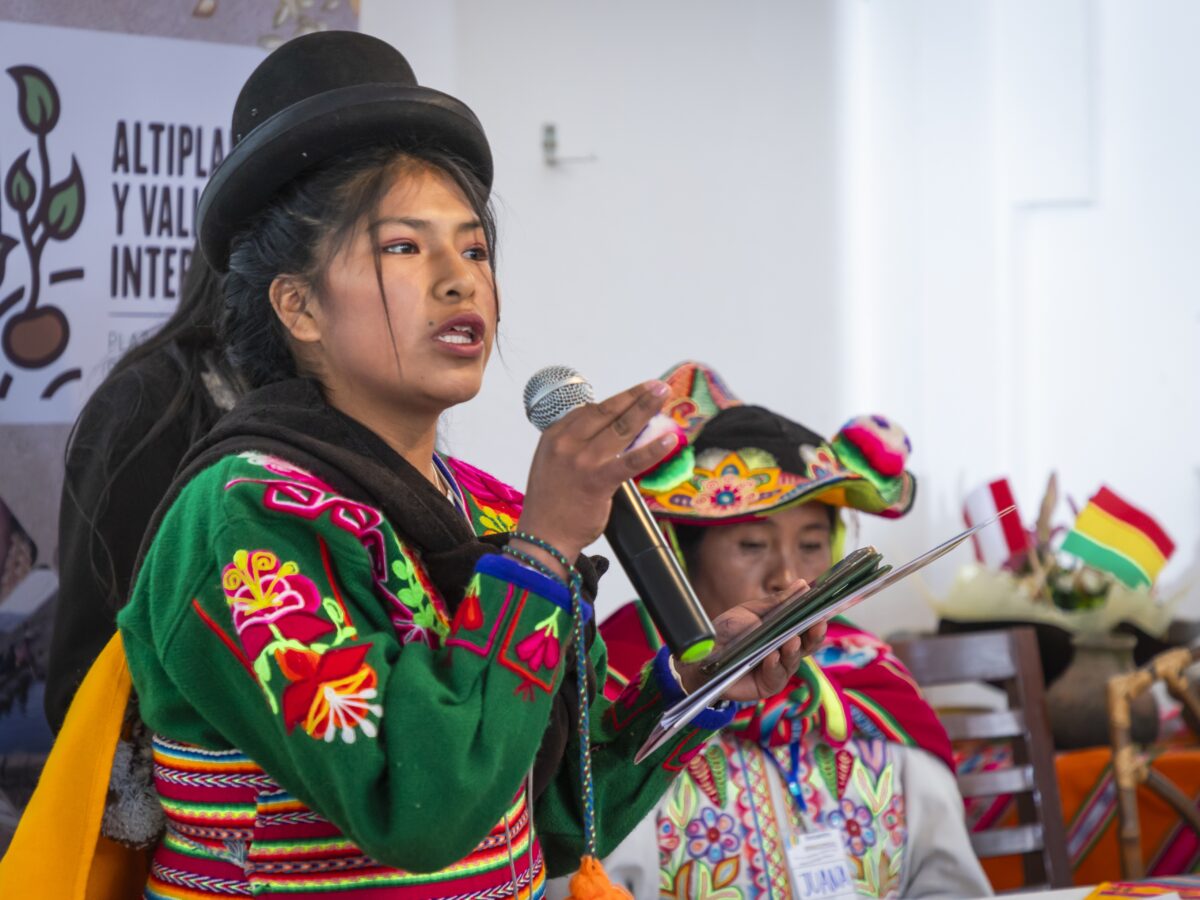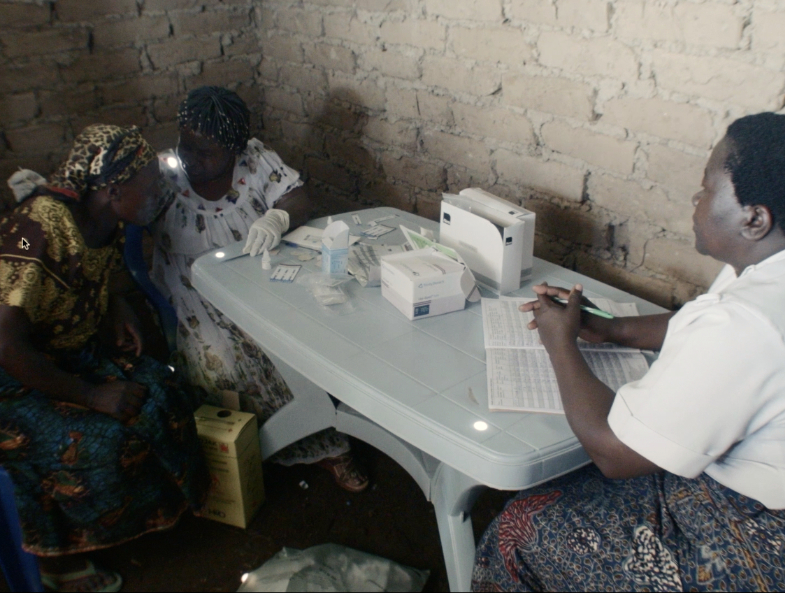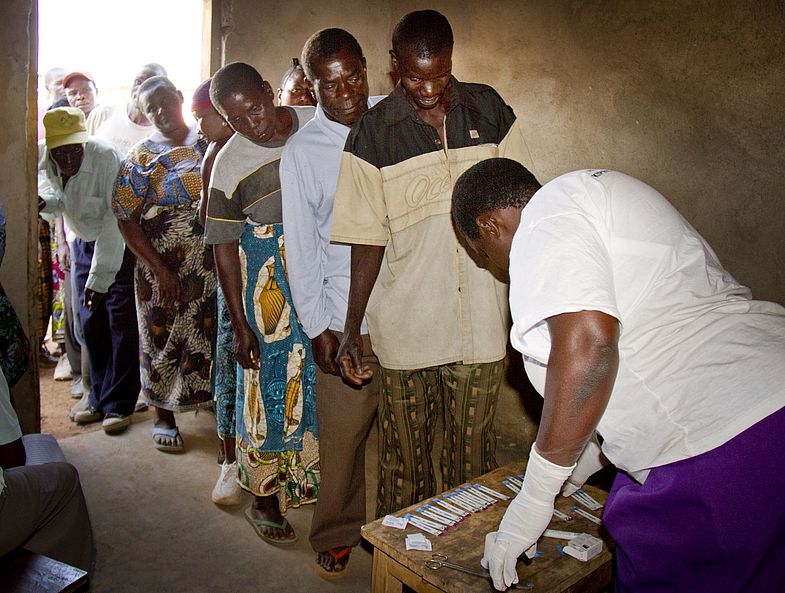"Only four people have been killed, keep going," a young man shouts to us in the middle of Bamenda as we try to pull over because there is a pool of blood on the road and a crowd is slowly forming. "Maybe it's just animal blood. We're still investigating," a nearby soldier says dismissively. "We are annoyed with the army. They make us very angry," says a young motorcycle taxi driver.
Living and working in such an environment is traumatizing. Sometimes the horrors of war are demotivating and prevent one from reaching one's full potential. Helping others cope with the trauma of war while being a victim yourself has been one of the biggest challenges. However, we have managed by making a conscious effort to stay positive, not lose confidence, pray and trust in God; hoping that despite the current challenges, there are better and peaceful days ahead.
In addition, there are other useful tips for coping with the ongoing trauma of war:
- Talk about it. Talking about it with others can relieve stress and help you realize that others share your feelings.
- Much rest and movement
- Limiting contact with images of war.
- Doing something positive, such as helping the needy and displaced. Giving someone hope and putting a smile on their face makes you believe that there is hope and the broken community can be whole again
- Ask for help when you feel overwhelmed. Asking for help is not a sign of weakness. Talk to a trusted relative, friend, counselor or pastor.
In the midst of chaos and an uncertain future, I still believe that peace is possible and that better days lie ahead. Peace is the path we take to achieve growth and prosperity in a society. If we do not have peace and do not try to live in harmony, it will be impossible to achieve political strength, economic stability and cultural growth.
War cannot achieve what peace can.






